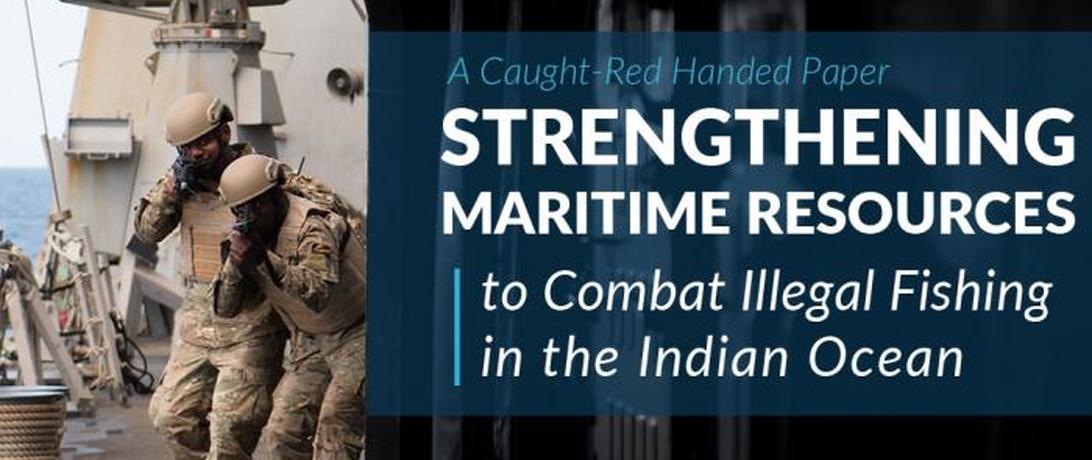
As Indian Ocean fish stocks have declined in recent years, there has been increased action to combat illegal fishing to ensure continued food and economic security in the region. However, there is a growing concern that most Indian Ocean states still lack the basic resources and capabilities needed to monitor their maritime domain and regulate maritime activities to prevent illegal fishing and ensure food security.
One Earth Future’s Secure Fisheries program, the United Nations Office on Drugs and Crime’s Global Maritime Crime Programme, and US Naval Forces Africa, conducted a series of nine workshops across the Indian Ocean in Sri Lanka, Maldives, Mauritius, Mozambique, Tanzania, Kenya, Seychelles, Comoros, and Madagascar. Secure Fisheries held an additional workshop in Somalia. These workshops brought together senior government officials to advance interagency collaboration on illegal fishing and promote low-cost improvements for the collection of human intelligence on suspected illegal fishing vessels.
Key Findings
These Workshops Concluded that:
- There is a problematic gap between agencies with capacity and agencies with illegal fishing-related mandates;
- State agencies that have the most maritime resources, including patrol vessels, aircraft, and satellite capabilities, need stronger mandates to fight fisheries-related crime;
- There must be a reprioritization of resources and improved coordination between fisheries and non-fisheries agencies to achieve better maritime domain awareness and fight illegal fishing; and
- States must create a governmental framework that will ensure state-based maritime agencies are in close collaboration and coordination, and that these agencies are aligned with regional and international efforts to fight illegal fishing.
To learn more about Secure Fisheries’ proposed actions to combat illegal fishing in the Indian Ocean download our full report here.
You can also read the three Caught Red-Handed briefs by following these links:
- Catching Maritime Criminals: A Whole-of-Government Approach explores how greater interagency coordination can solve a misalignment of mandates among government agencies.
- Who’s in Your Backyard: Strengthening Maritime Domain Awareness in the Indian Ocean highlights five state-based solutions to increase maritime domain awareness and decrease illegal fishing in the Indian Ocean.
- Maritime Security in the Indian Ocean: Perceived Threats, Impacts, and Solutions is based on surveys of more than 100 representatives from maritime agencies in ten Indian Ocean countries, and highlights perspectives about the most significant maritime security threats, the impacts of IUU fishing on human security and conflict, and the most effective approaches and needed resources for combating IUU fishing in each country.